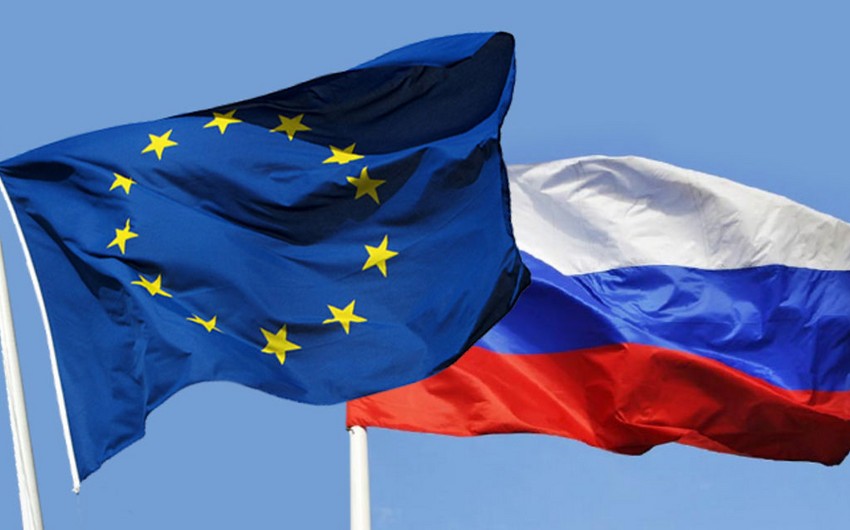Europe’s growing dependence on Russian gas and oil is limiting the continent’s room to maneuver in the mounting US-Russia crisis over security in the region and making it highly vulnerable in the event of an escalation, Report informs referring to The Wall Street Journal.
Europe has long tried to buy gas from producers in Central Asia, Norway, North Africa and the US while developing renewable energy. But renewables have often proved tough to scale and at times unreliable due to weather patterns, while nuclear energy has been a divisive political topic. Many coal-fired power stations have closed and domestic gas production has nosedived, leaving Europe with no alternative but to keep importing gas even when prices rocketed.
Joe Wallace and Georgi Kantchev, the authors of the article, note that deprived of Russian gas, the region would have few places to turn. Gas isn’t expected to flow through Nord Stream 2 for several months because it requires approval in Germany and by the European Union. Once up and running, however, it will form a key part of Europe’s gas-import infrastructure.
Russia has been a major energy supplier to Europe since Soviet times, taking care not to wield oil and gas as a weapon. Back then, Moscow largely saw energy, a key export, as a business proposition and a way to develop commercial and pragmatic relations with Europe. That has changed over the years as relations with the West soured. Russia twice curtailed gas deliveries to Europe during the cold winters of 2006 and 2009 over price disputes with Ukraine.
Crude-oil prices also have risen globally, adding to Europe’s vulnerability and putting extra strains on businesses and consumers while contributing to record inflation in the eurozone. Mild weather and an influx of gas from the US have offered some respite recently but wholesale gas prices in northwest Europe are almost three times as high as they were a year ago.
Analysts say frigid temperatures and low gas storage levels could cause price spikes before spring even without interruptions to Russian supplies.
Moscow supplied 123.8 billion cubic meters of gas via pipelines to Europe, excluding Turkey, last year, according to S&P Global Platts, more than Norway’s 108.6 billion cubic meters.


 https://static.report.az/photo/40a34963-fae6-3485-91d0-ad3012b8d0ce.jpeg
https://static.report.az/photo/40a34963-fae6-3485-91d0-ad3012b8d0ce.jpeg

